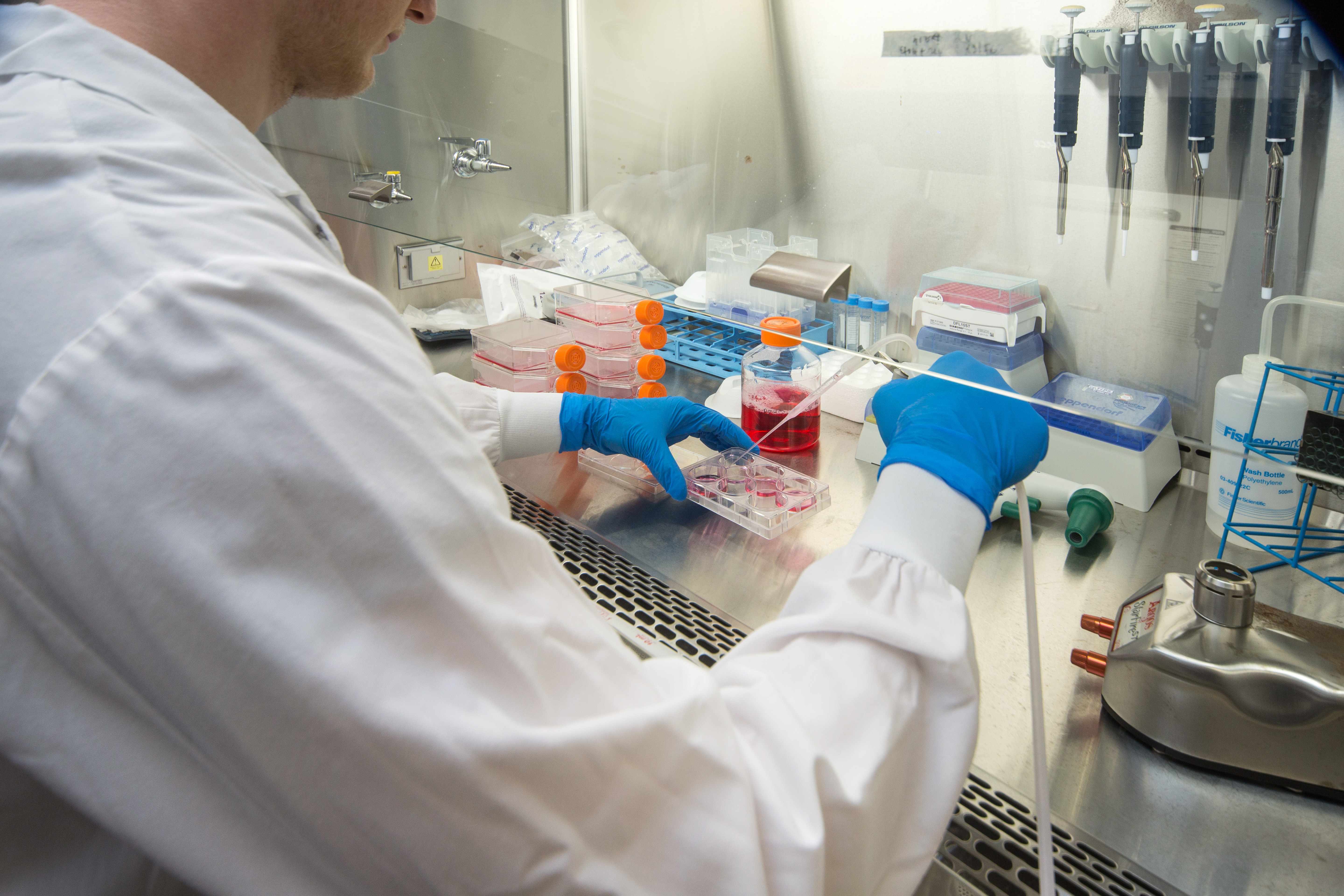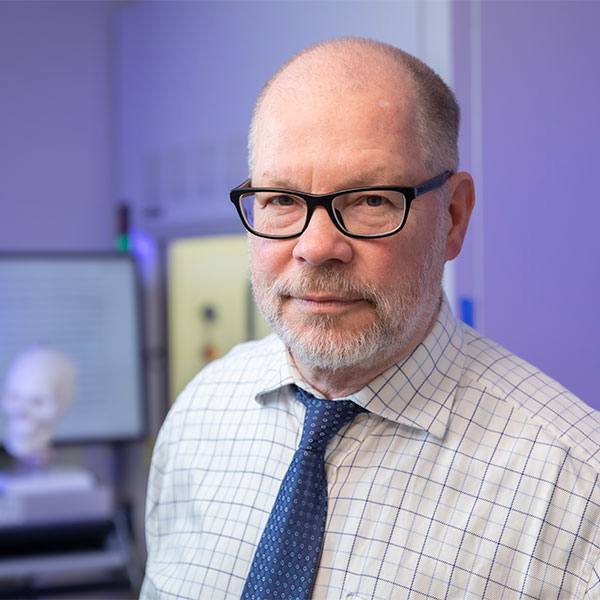-
Featured News
Minnesota Partnership awards five new research grants for collaborative projects

ROCHESTER, Minn. ─ Epilepsy, Alzheimer’s disease, osteoporosis, colorectal cancer and bacterial infections are the targets of the research awards from the Minnesota Partnership for Biotechnology and Medical Genomics in 2018. This marks the partnership’s 15th year of spearheading new scientific ideas from Minnesota to improve health care for Minnesotans. The state-funded grants for these team science proposals total just under $5 million.
The five teams will initiate collaborative two-year projects that could transform the treatment of diseases that affect Minnesotans. All projects are selected on the basis of quality science, relevance of the medical need of the topic and potential of commercialization. Each team includes investigators from Mayo Clinic and the University of Minnesota. Projects must be truly collaborative ─ something that could not be pursued by either institution alone.
The funding for this year’s research projects includes partial support from an additional annual $500,000 allocation from the Minnesota Legislature for Alzheimer’s disease research.
The 2018 awards are:
- "Astrocyte-Derived Extracellular Vesicles: Epilepsy Promoters, Repressors and Brain Stimulation"
Awardees are Lynne Bemis, Ph.D., University of Minnesota Medical School, Duluth Campus, and Gregory Worrell, M.D., Ph.D., Mayo Clinic. This team will research ways to use vesicles in the brain as “cargo vessels” to transport potential treatments for epilepsy. These vesicles would be aimed at nerve cells in the brain identified as control points during seizures. Research would involve mice and human cells, and the aim is to develop a device that will electrically “tune” the vesicles into becoming therapeutic tools. - "Activation of Guanylyl Cyclase-B as a Novel Treatment for Osteoporosis"
Awardees are Lincoln Potter, Ph.D., University of Minnesota, and Sundeep Khosla, M.D., Mayo Clinic. These researchers are trying to discover why a specialized type of genetically bred mice have strong, thick bones. If they can determine the cause, it may translate into a valuable treatment for osteoporosis. This is an ideal collaboration, as Dr. Potter developed the strain of mice, and Dr. Khosla is an expert on human and rodent osteoporosis. - "Targeting Tau Phosphorylation and Missorting to Treat Alzheimer’s Disease"
Awardees are Dezhi Liao, Ph.D., University of Minnesota, and Michelle Mielke, Ph.D., Mayo Clinic. This group will study tau proteins in mice and human cells to understand their role in Alzheimer’s disease. The proteins appear in cells prior to the onset of Alzheimer’s and other dementias. The researchers will develop a specific strain of mice to examine two of the domains where tau affects brain synapses and thought processes. The team wants to understand the molecular factors that cause the damage and relate that to human cells already affected. The goal is to prove the concept that blocking tau may be a way to treat Alzheimer’s. - "Development of Personalized Microbiome-Based Treatment for Colorectal Cancer"
Awardees are Ran Blekhman, Ph.D., University of Minnesota, and Khashayarsha Khazaie, Ph.D., D.Sc., Mayo Clinic. This team will explore how gene mutations in cancer tumors can affect microbes in the gut and how the makeup of those microbes, in turn, alters tumor growth. The researchers will use mouse models to create profiles for the mutations in colorectal cancer and use the knowledge to develop potential microbiome-based treatments tailored to specific tumor genomic profiles. - "PET Agents for in Vivo Imaging of Bacterial Infections"
Awardees are Valerie Pierre, Ph.D., University of Minnesota, and Timothy DeGrado, Ph.D., Mayo Clinic. Do you have an infectious disease, or is it some other kind of inflammation? Right now, it’s difficult to identify infections simply by scanning them in the body. This team wants to develop tracer technology that will change that. The objective is to use positron emission tomography (PET) scans to confirm and diagnose bacterial infections early on, so as to improve treatment and patient recovery. Ultimately, the goal is to develop and commercialize the technology for widespread use.
The Minnesota Partnership for Biotechnology and Medical Genomics is a collaboration among the University of Minnesota, Mayo Clinic and the state of Minnesota. To learn more about the partnership, visit the Minnesota Partnership for Biotechnology and Medical Genomics website.
###
About Mayo Clinic
Mayo Clinic is a nonprofit organization committed to clinical practice, education and research, providing expert, comprehensive care to everyone who needs healing. Learn more about Mayo Clinic. Visit the Mayo Clinic News Network.
Media contacts:
- Robert Nellis, Mayo Clinic Public Affairs, 507-284 5005, newsbureau@mayo.edu
- Lacey Nygard, University of Minnesota, 612-625-0552, ljnygard@umn.edu







